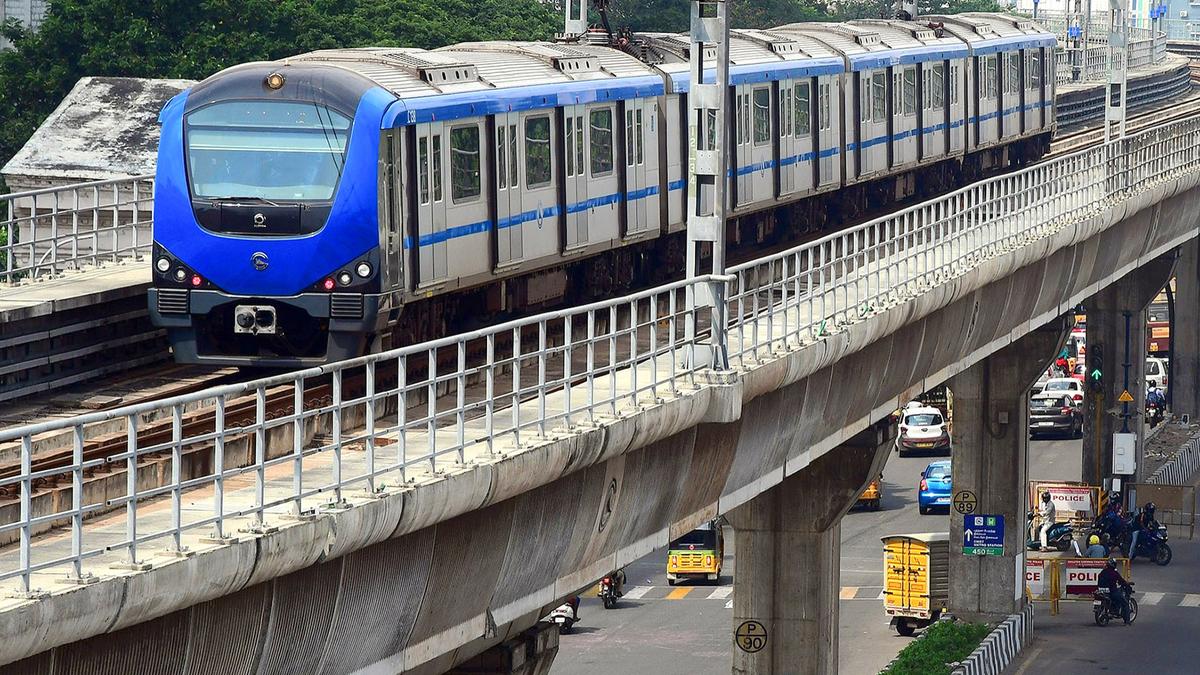Chennai Metro Rail has initiated the construction of a new multi-storey commercial and office tower at Arumbakkam station as part of its ongoing efforts to optimise land use and generate non-fare revenue. The project is strategically aligned with enhancing last-mile connectivity, promoting sustainable commuting, and boosting economic activity around key transit points.
The upcoming tower, to be built on a 1,660 square metre plot behind the Arumbakkam station, will include a basement, stilt level with four-tier mechanical parking, and seven upper floors. Of these, four floors will be leased as retail and food outlets, while the remaining three will be dedicated to office spaces. This blend aims to support increased ridership while developing a liveable, commercially vibrant urban space. Chennai Metro Rail Limited (CMRL) officials have confirmed that tenders have already been floated, with contract award likely within three months. Once awarded, the chosen developer will have approximately two years to complete the project. This initiative builds on previous examples such as the Ekkatuthangal office tower and an upcoming development at Saidapet station, positioning CMRL as a frontrunner in integrating urban transit with real estate infrastructure.
Officials pointed out that the station lies in a mixed-use neighbourhood on 100 Feet Road and stands to benefit from enhanced footfall and commercial synergy. Such transit-oriented developments (TODs) are designed not only to support environmental goals by reducing dependence on private vehicles, but also to revitalise underutilised urban spaces and improve the quality of urban life. Experts in urban planning believe this development model is crucial for cities like Chennai, which are grappling with increasing congestion and carbon emissions. By creating high-density, mixed-use spaces around transit hubs, the city can shift toward a zero-carbon future while accommodating its growing population.
Commuters have also welcomed the move, noting that proximity to workplaces and food options will ease their daily commute. Urban mobility analysts highlight that these TOD projects have the potential to become self-sustaining micro-economies that reduce travel times, cut emissions, and promote local employment. CMRL’s strategy reflects a broader shift towards leveraging metro infrastructure for city-building rather than mere transportation. While revenue from ticketing remains essential, the potential for non-fare income and environmental dividends places such developments at the centre of Chennai’s sustainable urban roadmap.
The success of this project at Arumbakkam may well determine how future metro-linked urban infrastructure projects are rolled out across the city—with an eye on economic viability, environmental sustainability, and commuter convenience.
Also Read : Mangaluru Roads Hit by Landslips After Heavy Rains Disrupt Highway, Airport Access


